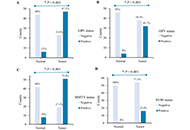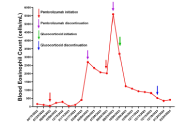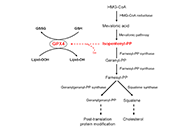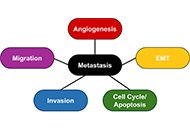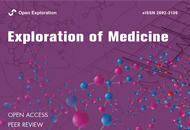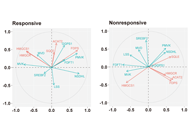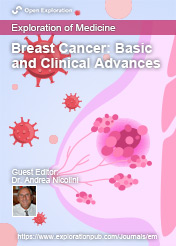
Breast Cancer: Basic and Clinical Advances
Guest Editor
Dr. Andrea Nicolini E-Mail
Department of Oncology, Transplantations and New Technologies in Medicine, University of Pisa, Pisa, Italy
About the Special lssue
Breast cancer is the most common malignancy worldwide and in females, with a social impact that underlines the relevance of any advances in basic and clinical research. In the last decades, much progress has been made in the comprehension of the molecular mechanisms sustaining tumor growth and diffusion, and certainly a large part of this research has been devoted to breast cancer. As a result of such intense investigation, many mechanisms have been elucidated, and a few targeted therapies through translational research have been introduced into current clinical practice. This is also named as "personalized" or "precision" medicine. This special issue aims to collect any useful scientific contributions in the breast cancer research field , either research or review articles that provide readers with information easy to catch and at the same time in line with the currently evolving studies.
Keywords: Breast cancer, basic research, clinical research, molecular mechanisms, chemotherapy, immunotherapy
Published Articles
